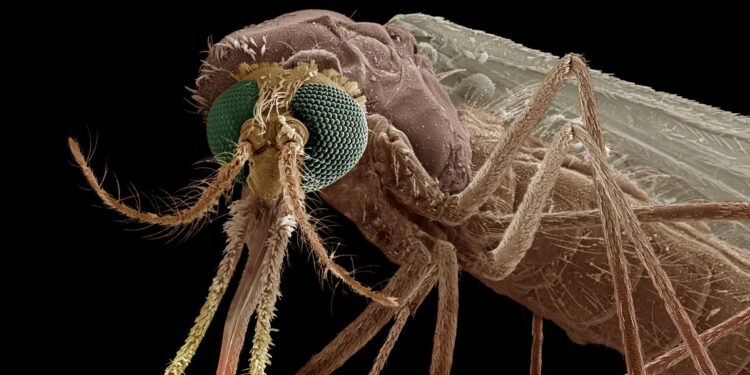The invasion of a new species of mosquito that is more harmful than the anopheles has been confirmed by the Ghana Health Service (GHS).
According to the World Health Organization, the new breed known as Anopheles Stephensi is also a malaria-transmitting mosquito, very invasive, spreads faster, and can adapt to a variety of climatic circumstances.
Residents in Tuba and Dansoman have been cautioned to take precautions after GHSe established its presence there.
Anopheles Stephensi first entered Africa in 2019, invading Ethiopia, Sudan, Somalia, Nigeria, and, unfortunately, Ghana just this past March.
This breed produces both Plasmodium Falciparum (the deadliest species of plasmodium which causes malaria) and P Vivax Malaria parasites.
Additionally, the World Health Organization’s most recent mathematical modeling study demonstrated the spread of An. stephensi and its implications for the transmission and management of malaria in Africa.
Read Also: us report cites ghana for extrajudicial killings other human rights abuses in 2022
According to one study, if An. stephensi spreads unchecked, 126 million more individuals in Africa could be in danger of contracting malaria.
The statement also discloses that this breed is extremely challenging to control because it is resistant to a variety of insecticides. Currently, it is unknown what can actually kill it.
To reduce the number of breeding grounds, the GHS has established a task force to implement a number of initiatives, such as removing water collection points from within and around residences and communities.
Another measure that has been suggested to increase prevention is to avoid mosquito bites by utilizing mosquito nets treated with insecticide.
As part of efforts to fight the disease, Ghana is the first nation in Africa to approve a novel malaria vaccine developed by Oxford University.
The World Health Organization last year recommended the British pharmaceutical company GSK’s MOSQUIRIX.
SOURCE: MYJOYONLINE




























